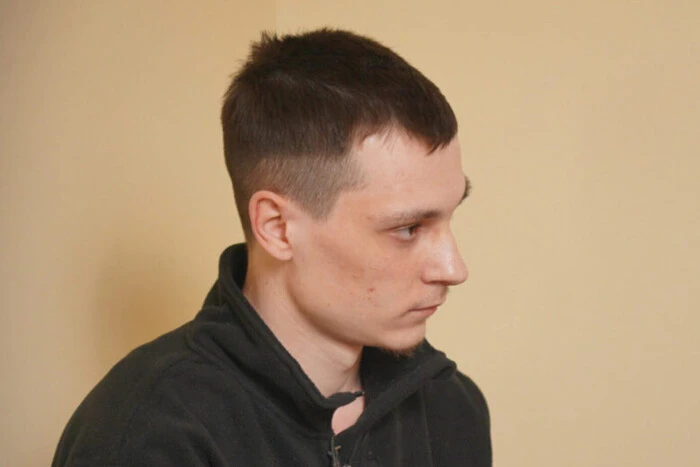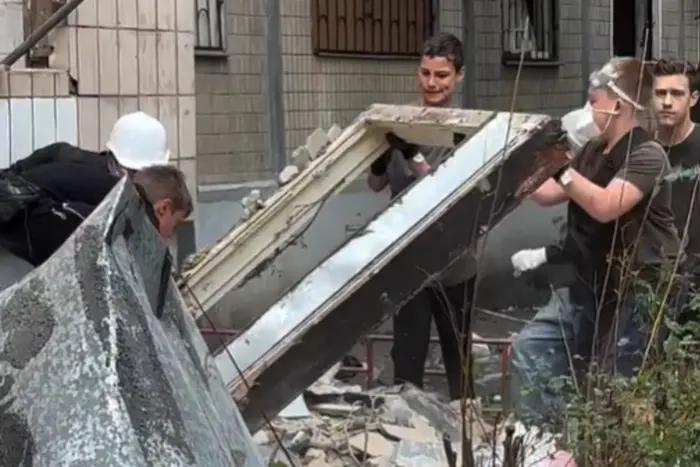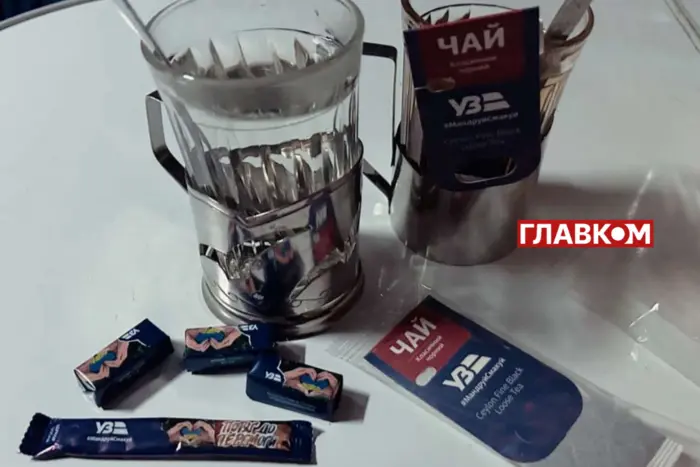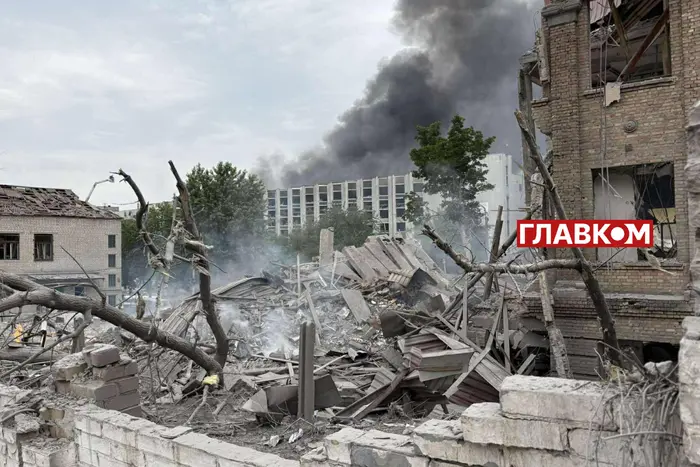As in a children's camp. The occupier spoke about the conditions in Ukrainian captivity.


A Russian invader from the 76th Airborne Assault Division, Nikolai Kartashev, revealed that over the course of two years in Ukrainian captivity, he was visited seven times by members of the International Committee of the Red Cross, who delivered letters from home and allowed him to call relatives. This was reported by 'Slidstvo.Info', as conveyed by 'Glavkom'.
The man ended up in captivity on February 6, 2023, in the Luhansk region. On that day, he was allowed to call his parents and inform them that he was now a prisoner of war.
Currently, Kartashev is in Kyiv's pre-trial detention center, awaiting a verdict from a Ukrainian court since he may be connected to at least five war crimes in Bucha at the beginning of the large-scale war.
Before being in the pre-trial detention center, the occupier was in a camp for Russian prisoners of war and stated that it was like a 'children's camp'.
In response to a journalist's question about the conditions in the camp for Russian prisoners, Kartashev replied: 'Like in a children's pioneer camp. They probably wipe the backsides of prisoners of war'.
So, there is very good treatment.
It is worth mentioning that earlier it was reported that a prisoner of war, a Chinese citizen who fought on the side of Russia, agreed that he was treated better in Ukrainian captivity than in the Russian military. When asked if he wanted to be exchanged, the Chinese citizen said he did not want to return to Russia. When clarified whether he would choose to stay in Ukraine or return to China, he stated he wanted to go back to the PRC.
On the contrary, torture is applied against Ukrainians in Russian captivity, including electrocution using an old Soviet military field telephone TA-57.
Analysis:
This article discusses the experience of Ukrainian captivity of Russian invader Nikolai Kartashev. He indicates that throughout two years in captivity, he was visited by members of the International Committee of the Red Cross who helped him contact his relatives and delivered letters from home. Kartashev also describes the conditions in the camp for Russian prisoners of war, calling it a 'children's camp'.
This information complements previous reports on the conditions and treatment of prisoners in Russian captivity. Also mentioned is the case of the prisoner of war, a Chinese citizen, who indicated that he was treated better in Ukrainian captivity than in the Russian military and decided to return to China.
Read also
- Schoolchildren in Kyiv Help Clear Debris After Russian Strike (Video)
- For the first time in six years, Ukrzaliznytsia raises prices for tea and coffee
- Kellogg's Daughter Reacts to Russian Strikes on Kyiv
- Rain will retreat: Hydro-meteorological center pleased residents of Kyiv region with weather forecast
- Massive blackout in Spain on April 28: reason identified
- Poland notes GPS signal interruptions over the Baltic Sea: suspects Russia










